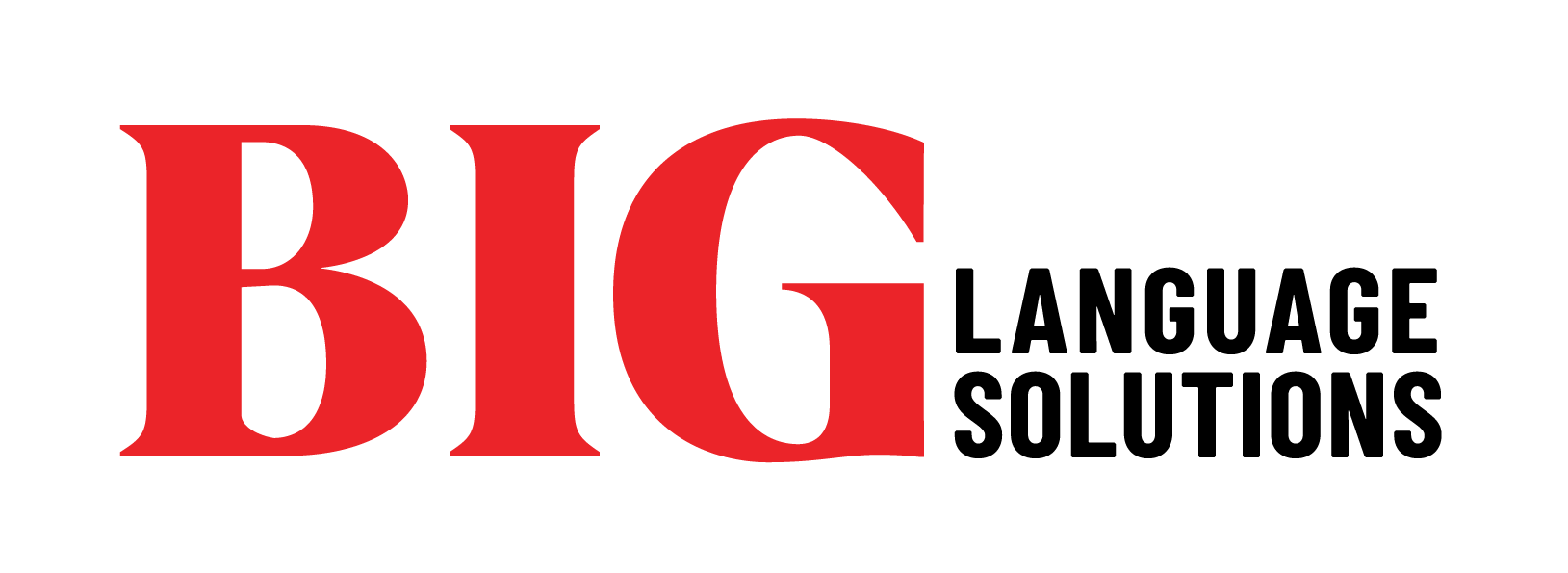If your company has documents or other materials that need to be translated into another language, you probably have to go outside your organization to find a qualified professional translator. And if you’re unfamiliar with these professionals and how to choose one to work with, you probably assume that a certified translator is as good as it gets.
While there’s no question that a certified translator offers a level of expertise that is essential to ensure the accurate translation of your assets, it’s a mistake to think that this certified translator’s work retains the same level of quality and integrity that you get through a certified translation service.
Certification is only one layer of quality assurance that should be involved in the translation and localization of documents or other assets into another language. If you want to ensure that your translations are as accurate and reliable as possible, you need to go beyond the individual translator’s credentials and seek out an organization that offers a reliable, quality-focused infrastructure.
Here’s a look at the differences between a certified translator and a certified translation service—and how to choose the right kind of service to fulfill your translation needs.
What is a Certified Translator?
A certified translator is someone who has received an optional certification as a translator from one language to the next. These certifications, which are provided by organizations like the American Translators Association, are only earned after passing a rigorous three-hour examination of the translator’s language skills.
Make no mistake, a certification to translate in any language is a great feather in the cap of any translator. But there are limitations to just how valuable this certification is, in part because certification itself is limited to only a handful of languages. In fact, the ATA only offers certification for 27 out of the thousands of languages in the world. This means that no credible certification may exist for your specific translation project.
In addition, these certifications only move in one direction. Someone certified to translate from English to Spanish, for example, is not necessarily certified to translate from Spanish to English. Because of the limited certification opportunities for translators, certification isn’t a requirement to work in this field.
Furthermore, it isn’t a requirement to creating a certified translation for a client. When it comes to certifying individual translations, there is a different process involved—one that offers the greatest value when managed through a certified translation service.
What is a Certified Translation?
Contrary to what you might expect, a certified translator does not automatically produce a certified translation. Instead, translated documents and other assets are certified through a signed statement accompanying the translated materials. This statement confirms that the translated materials are accurate to the best of the translator’s abilities.
This certification is required by many different governing bodies and other organizations soliciting translated materials, including many departments of the U.S. government. But even with this certification process, there are potential risks that could affect the quality of your results.
For example, translations can be certified by any professional translator or translation company, even if the individuals involved aren’t certified as translators. This means that you can theoretically receive a certified translation that features inaccuracies and other errors, all of which could have significant implications. If you’re a business translating legal documents, for example, a certified translation could still feature errors that pose material risks to your company—and create further legal headaches.
Meanwhile, if you’re a private citizen trying to become a permanent resident of the United States, any errors in one of these certified translations could cause your application to be denied, resulting in serious complications that affect your personal life.
Given the lack of standards regarding certification for these translations, it might be tempting to cast doubt on the translation industry as a whole. But instead of dismissing the translation industry entirely, you can serve your own interests by placing your trust in something more reliable than individual translators and translations: a certified translation service.
The Value of Certified Translation Services
To truly validate the accuracy of translated materials, it’s best to work with an organization that has the experience, practice, specific domain knowledge in the languages involved, and reliable infrastructure to provide quality assurance for each translation that is produced.
A company like Protranslating offers the experience, the body of work, and the outside certifications to ensure translation projects meet and surpass the client’s expectations. Our organization has earned ISO 9001 and ISO 17001 certifications as a testament to our precision and excellence. Our 45 years of experience and network of more than 5,000 linguistic and industry experts enable us to serve our clients’ needs in more than 200 languages.
When you’re in need of a certified translation, what you’re really looking for is a certified translation service that can deliver guaranteed results, every time. Contact us today to find out how we can assist you with your translation needs.








